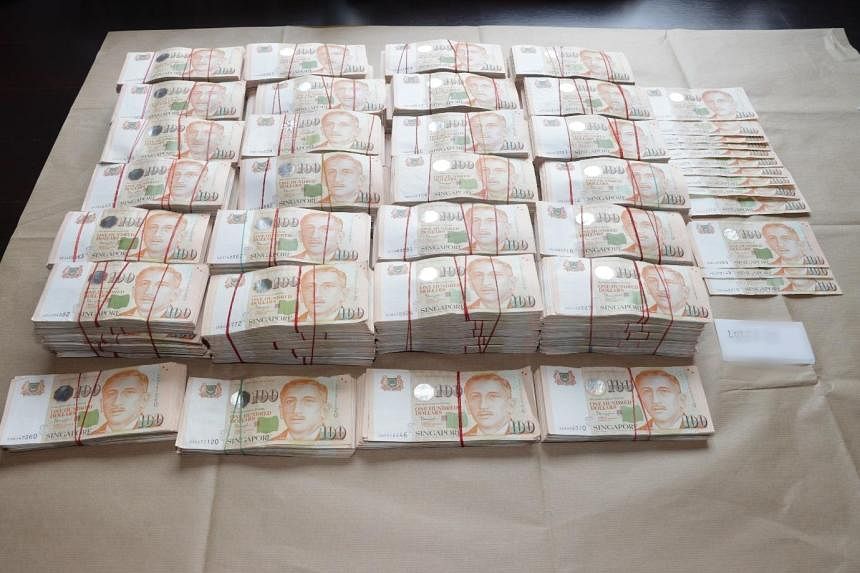SINGAPORE – Charities that accept donations from dubious donors can face significant legal penalties in Singapore, which may involve the freezing of their assets or confiscation of the illegal funds.
Mr Chenthil Kumarasingam, partner at Withers KhattarWong, said this could prove problematic for the charities involved, especially if they were negligent in conducting anti-money laundering checks.
He said: “If a charity is found to have used donations originating from illicit sources, the authorities may seek to recover these funds. It might involve freezing the charity’s assets or seeking a court order to confiscate the tainted funds.”
The authorities might also recover an equivalent amount even if the funds have been used.
“This could potentially impact the charity’s financial health, especially if large sums are involved,” Mr Kumarasingam added.
On Tuesday, Second Minister for Home Affairs Josephine Teo issued a ministerial statement to update the public about the money laundering case that has seen the authorities take over more than $2.8 billion in assets and cash.
She said some of the accused donated to charities here.
In Singapore’s worst money laundering case so far, the police on Aug 15 conducted raids involving more than 400 officers led by the Commercial Affairs Department (CAD).
Nine men and one woman, originally from China, were charged the next day with offences that include money laundering, forgery and resisting arrest.
Checks by The Sunday Times found that some of the accused allegedly donated to local charities and social service agencies.
This includes at least $52,000 to Rainbow Centre, the operator of three special education schools; at least $15,000 to the National Kidney Foundation; and at least $5,000 to Lions Befrienders, a social service agency.
Mrs Teo had said charities that find irregularities must file suspicious transaction reports (STRs).
A police spokesman said STRs are not conclusive of criminal conduct. Rather, they act as a signal for the Suspicious Transaction Reporting Office to determine if the donor or source of funding warrants further investigations.
These checks are conducted by the CAD.
Mr Kumarasingam said filing an STR is pivotal for charities that have received monies from illicit donors.
“If a charity can demonstrate it has taken reasonable precautions, conducted necessary anti-money laundering checks, and acted in good faith, it may be treated more leniently.”
He said if a charity received donations from suspicious donors, the Commissioner of Charities can investigate the charity’s records and accounts.
This means the charity’s officers could face personal liabilities if they had knowingly accepted illicit funds, or if investigations reveal that due diligence had not been conducted to verify the sources of donations.
Mr Kumarasingam said: “Charities implicated in such situations often face reputational damage, which might affect future donations and public trust. Transparency and proactive measures to rectify mistakes are crucial in such scenarios.”

